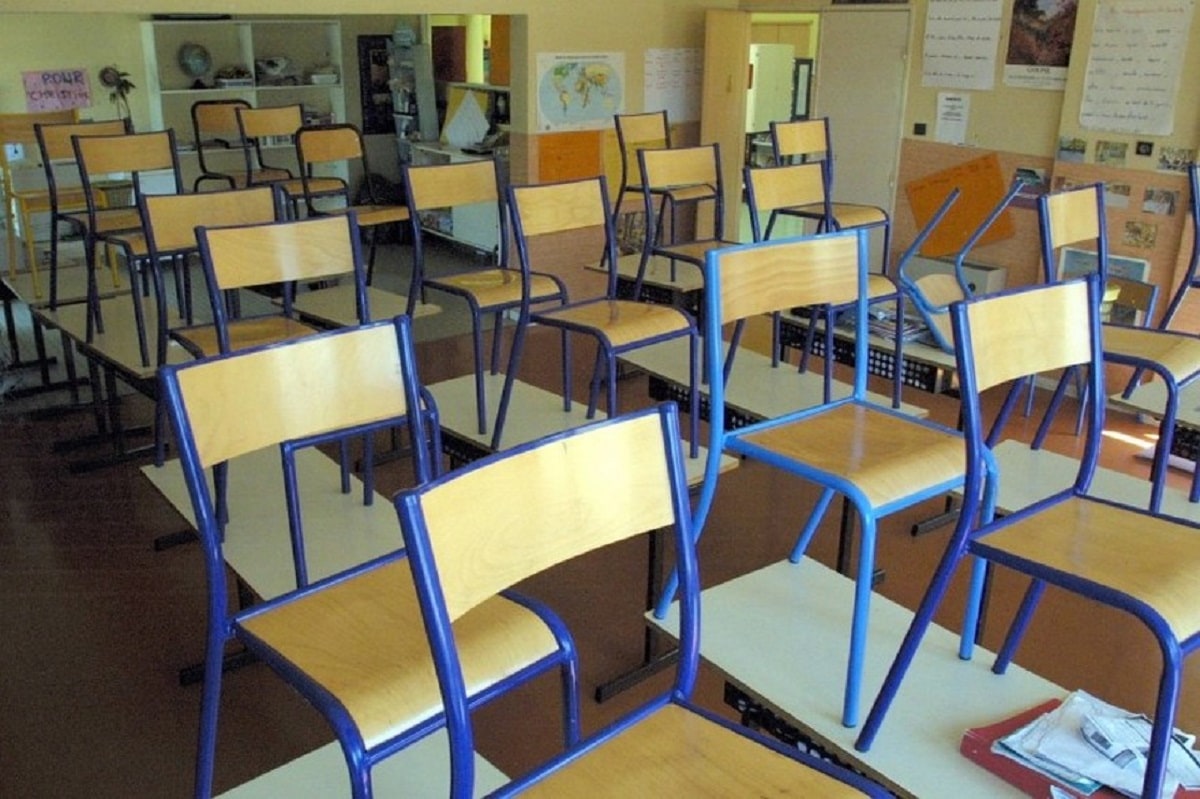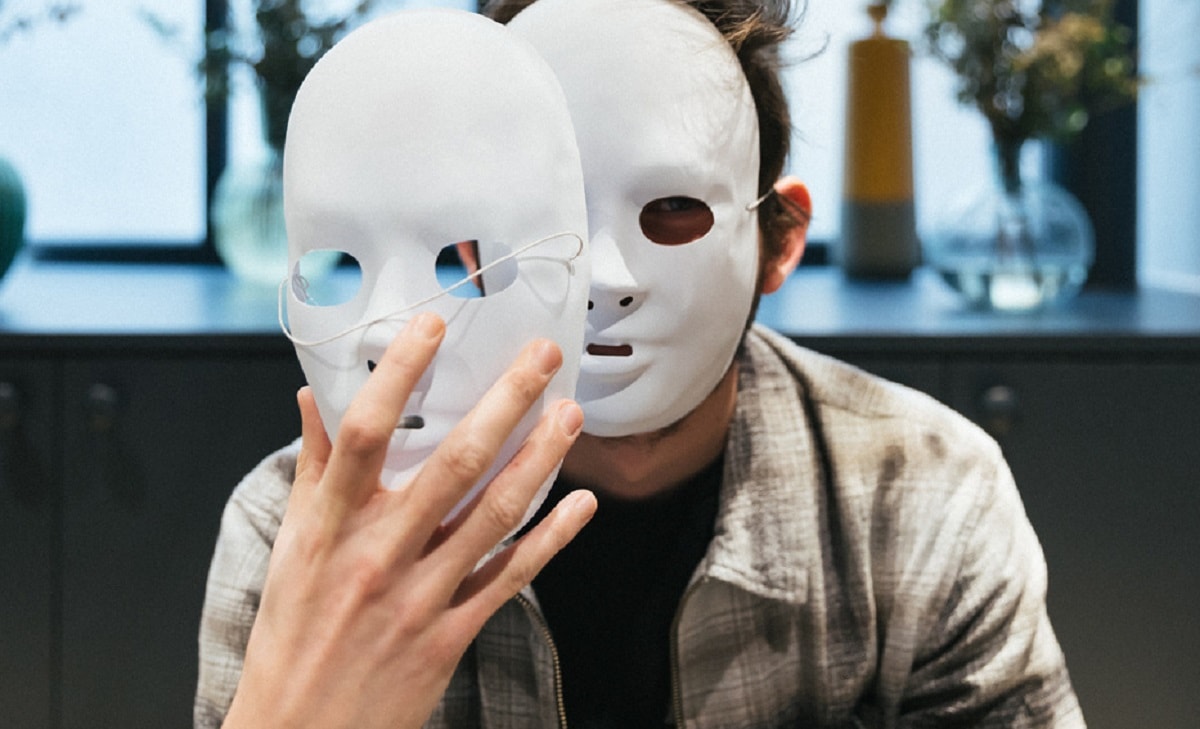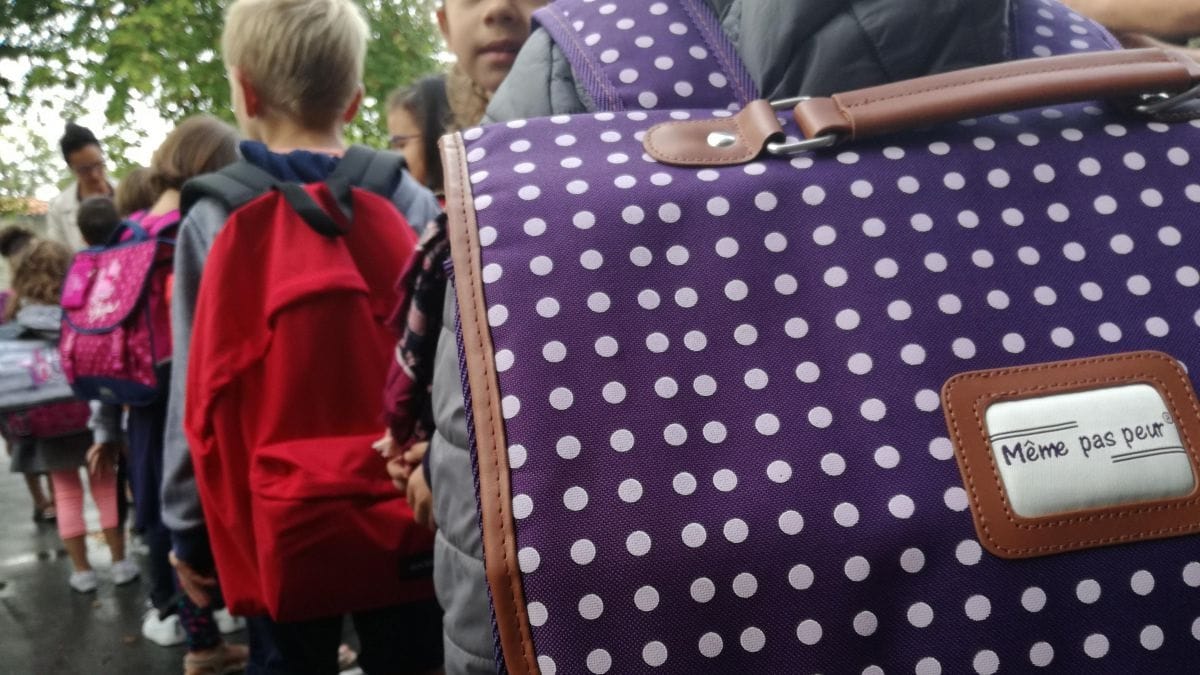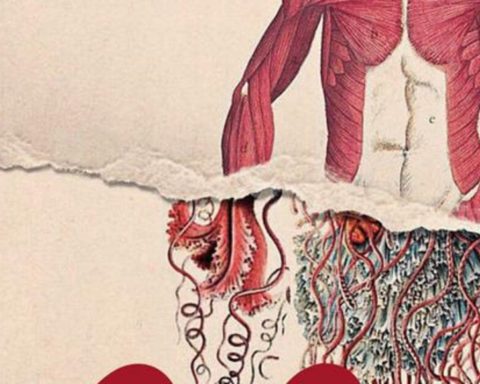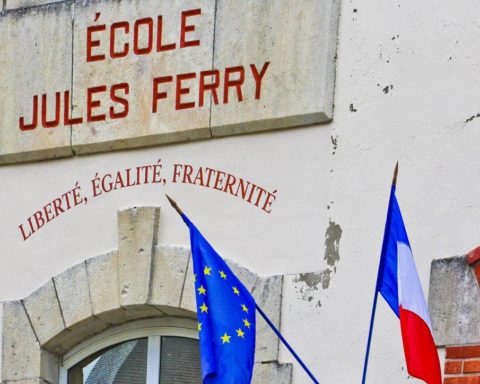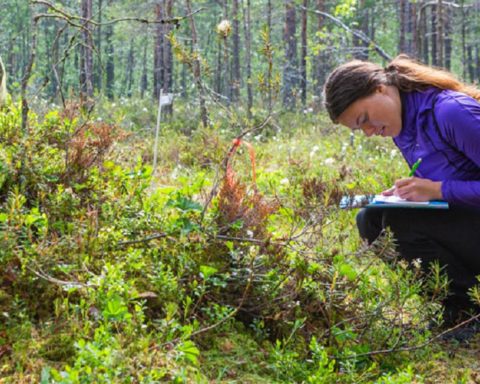Le 11 mai 2020 est la date fixée par le gouvernement pour une réouverture progressive des établissements scolaires. Dans une note du 20 avril (1), le Conseil scientifique préconise au gouvernement la réouverture des écoles et des établissements en septembre, indiquant dans un autre avis spécifique que la décision de les rouvrir de manière prématurée le 11 mai est une « décision politique » et non sanitaire. Une posture d’affranchissement face à l’exécutif certes, mais sur le terrain, quid de nos enseignants ?
Les questions d’actualité voici quelques années, comme le harcèlement, concernaient le secteur privé. Aujourd’hui, malgré la « modernisation » de certains services publics, on s’aperçoit que pour une bonne part c’est là que se trouve un comportement autoritaire de principe, dépassé, qui malmène les fonctionnaires – qu’on appelle d’ailleurs « les agents », un peu comme des « agents » chimiques…
Dans ce secteur du service public qu’est l’Education Nationale, j’ai découvert que les règlements (qui jouent le rôle de quasi convention collective) n’ont pas fait instaurer la « clause de conscience ». Or le Président en appelle à la solidarité, après avoir déclaré que « nous sommes en guerre ». Justement, et on peut en être surpris, s’il est une institution où cette clause existe depuis longtemps, c’est bien l’Armée française. Notre président, Chef des Armées, aurait-il oublié ce « détail » ?
Davantage qu’une bizarrerie, c’est pour moi un « point aveugle », bien paradoxal en Démocratie. Cet archaïsme, on a tendance à l’oublier, répond à la règle de l’obéissance due à l’institution. Le terme est écrasant, il ne s’agit pas seulement d’une autorité hiérarchique mais d’un principe bien plus puissant, proche du « sacré ». En cela il ne supporte pas l’exception et encore moins les aménagements. Dans l’Education Nationale, le terme d’obéissance est justement utilisé assez couramment comme si c’était banal. On pourrait qualifier certains enseignants d’opposants, voire à la rigueur de « rebelles », mais certains d’entre eux, pourtant ni réfractaires à tout pouvoir, ni extrémistes, sont ou se sont qualifiés de « désobéisseurs ». Ce qui a quelque chose d’ambivalent en dépit du sens frondeur de la situation. Cela ne les met-il pas vis-à-vis de leur ministère de « tutelle » en position-miroir de celle de leurs élèves ?
Dans une société qui n’aime pas le risque, qui nous masque, nous confine, nous assigne à résidence, nous faisant songer à la Boëtie qui au XVIe siècle pointait notre propension à la « servitude volontaire», comment se fait-il qu’on n’ait pas même pris en compte tout l’aléatoire des mouvements des élèves très jeunes de CP, CE1, peut-être CE2, qui sont à haut risque et naturellement imprévisibles, même à quinze par classe ? D’autant plus qu’il ne leur serait pas imposé de porter des masques. A six-huit ans, peut-on vraiment tenir en place ?
Dans les injonctions ministérielles toutes récentes sur la supposée reprise du travail des enseignants, il n’y a pas, par exemple, un « droit de retrait » pour les enseignants les plus âgés à partir de 55 ans et X années de services.
Brassant des kilos d’octets à la verticale, avec quantités d’ordres descendants, la machine n’a appliqué aucun des deux dictons cousins bien français : le Politique « gouverner c’est prévoir » et son homologue médical, « mieux vaut prévenir que guérir ». On espère très fort que le modèle idéal inconscient des décisions n’est pas encore celui d’un certain haut fonctionnaire, qui dédia son action à la conformité aux procédures voici huit décennies…
Après des débuts erratiques, il semble que l’Etat essaie de se rattraper maintenant, et c’est bien. Dans ce cas, il pourrait donc a minima appliquer le « principe de précaution » vis-à-vis d’un corps de métier qui lui est directement relié (pour mémoire, le principe de précaution est entré dans notre Constitution en 1995). Car si ce corps lui doit obéissance, alors l’institution, elle, lui doit protection. Mais, si dans les jours qui viennent, un enseignant décide de ne pas reprendre son poste, en exerçant « le droit de retrait », ce droit présente des contraintes : il lui faudra des raisons médicales sérieuses, cataloguées et certifiées (comme si l’Etat était certain que cette liste était exhaustive. De surcroît, il y a vraisemblablement des enseignants qui ne connaissent pas toutes les pathologies dont ils sont porteurs). Pour les pouvoirs publics, fatigue et fragilité inhérentes à l’âge n’y suffisent pas. Ou alors, ils doivent justifier cela par exemple par des manquements concrets, tels que, trivialement, le manque de savon, de gel, etc…
On est bien là dans une machine, par définition, rigide qui, même en cette épidémie, n’a pas trouvé d’acteurs pour y prendre aussi en compte l’essentiel : le vivant. Un enseignant aimant ouvertement son métier et se sentant intimement fragile devrait donc produire des certificats médicaux précis… Dans les commentaires autours de la reprise de l’école, je n’ai pas entendu faire cas du risque de contagion qu’ils encourent.
On ne parle de risques que pour les élèves. Ces enseignants n’ont pourtant pas chômé pendant le confinement ; ils ont déployé en temps record un talent à faire travailler à distance même des petits de CP…et peuvent continuer sur ce mode. La parole d’un fonctionnaire correct, estimé, bien noté au fil de dizaines d’années, mais fatigué…ne serait donc rien ? Un serment sur l’honneur n’y suffit pas ? La confiance ? Les loyaux services ? Pour l’institution, chose aveugle, face à des personnes, ce qui prime même en cette cruelle épidémie… c’est le règlementaire, donc ?
Le Syndicat Sud Education semble être le tout premier à avoir réagi fermement, par un appel aux personnels de l’Education Nationale, à ne pas reprendre les cours le 11 mai, dans le cadre de leur droit de retrait ou de leur droit de grève, au détriment de leur santé. Et en effet, le « calcul » bénéfice-risque ici n’a pas lieu d’être, s’agissant d’un risque sérieux pour certains enseignants, même s’ils n’ont pas de pathologie avérée à prouver.
Paule Pérez, Philosophe – Psychanalyste
(1) Note du 20 avril, rendue publique le samedi 25 avril 2020

